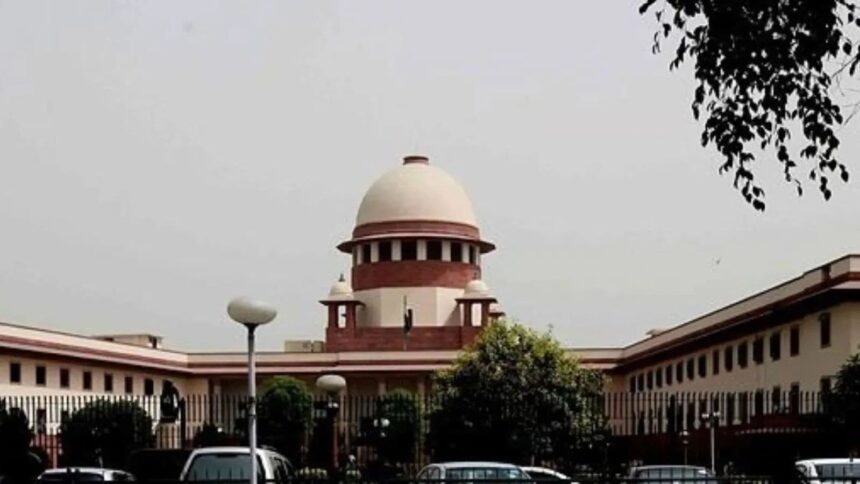The Supreme Court Friday asked the Centre not to release Short Service Commission (SSC) women officers in the Indian Army, who have challenged the denial of Permanent Commission to them, from service for now, saying it is not the time to keep “these people running around in the Supreme Court and courtrooms”.
While presiding over a two-judge bench, Justice Surya Kant said, “There is some better place now for them to perform…As of date, we would like their morale to be kept high. We will decide everything on merit. Meantime, just utilise their services. It’s not your case they are an unsuitable kind of officers”.
Additional Solicitor General Aishwarya Bhati, appearing for the Centre in the matter, informed the bench —also comprising Justice N K Singh — that “the nation is sleeping because the defence forces are awake”. She added that the question of releasing SSC officers was an administrative decision based on a policy to keep the armed forces young.
“We have our administrative system. There are 600-700 officers recruited every year of which only 250 can get Permanent Commission each year after 10 years. Rest have on their option 4 more years to leave at their choice. The Army has a pyramidal structure. We need young officers more,” she said.
“This is an administrative exercise, essentially for the Army. We have surplus forces after 14 years of service, at the level of Lieutenant Colonel, Colonel. It is the young forces we need. The longer we remain at that level, it hampers our ability to have younger officers,” she added.
Justice Kant said the forces need a blend of both young and experienced. “Of course, the force must always be young… No doubt about it, but young blood also needs to be trained, guided and the most important thing, development of mental temperament… So you need a blend of both. Experienced officers also…when you go to the height of 60,000 or so…officers are standing there without bothering about anything…there, one feels proud. All of us feel very little before them. That’s how much they are doing for us”.
Bhati said, “After Permanent Commission has been introduced, fully embraced in the armed forces, women have fared far better in the Permanent Commission. In percentage, there are many better women officers who have made it in the Permanent Commission.”
Justice Kant said, “We now have far excellent officers. We feel proud of them…”. He added that the court is only concerned about the legal aspect and that it was not ordering a stay after looking into the merits of the matter.
“We are only saying make a transitional arrangement till we hear it next. At this juncture, let us not do something which…” he said, seemingly referring to the India-Pakistan situation.
Appearing for Lt Col Geeta Sharma, a Short Service Commission officer, Senior Advocate Menaka Guruswamy pointed out she has been relieved from her posting, and prayed that she may be allowed to continue in service, as she has not been dismissed yet.
To back her case, Guruswamy said Colonel Sofiya Quereshi, who led the press briefing about India’s Operation Sindoor, would not have been able to do so had the top court not allowed the Permanent Commission for women in the Army in the Babita Puniya case. She contended that discrimination was no excuse for citing administrative powers.
However, Bhati denied there was any discrimination. Guruswamy said, “The paperwork shows overwhelming vacancies.”
The court said it will hear the matter in August, starting with the case of the Army.







